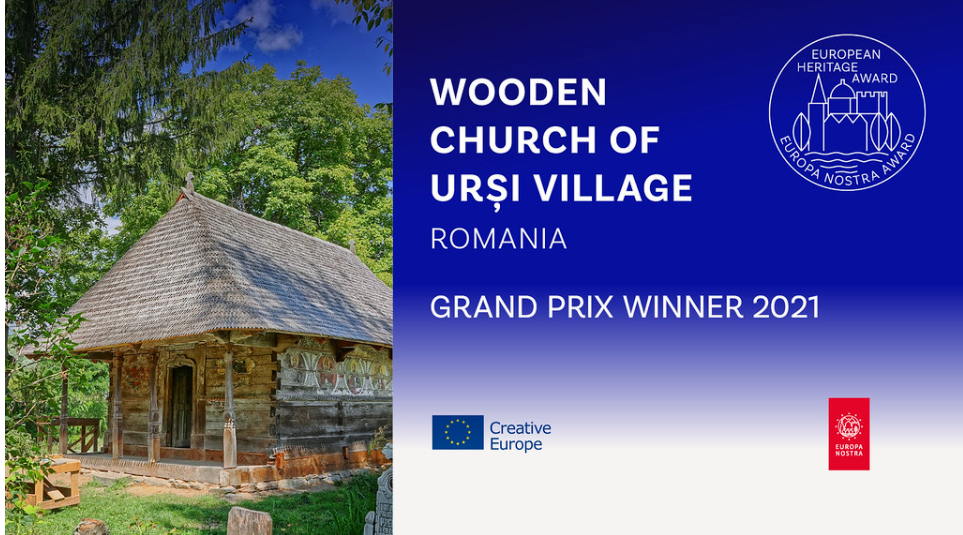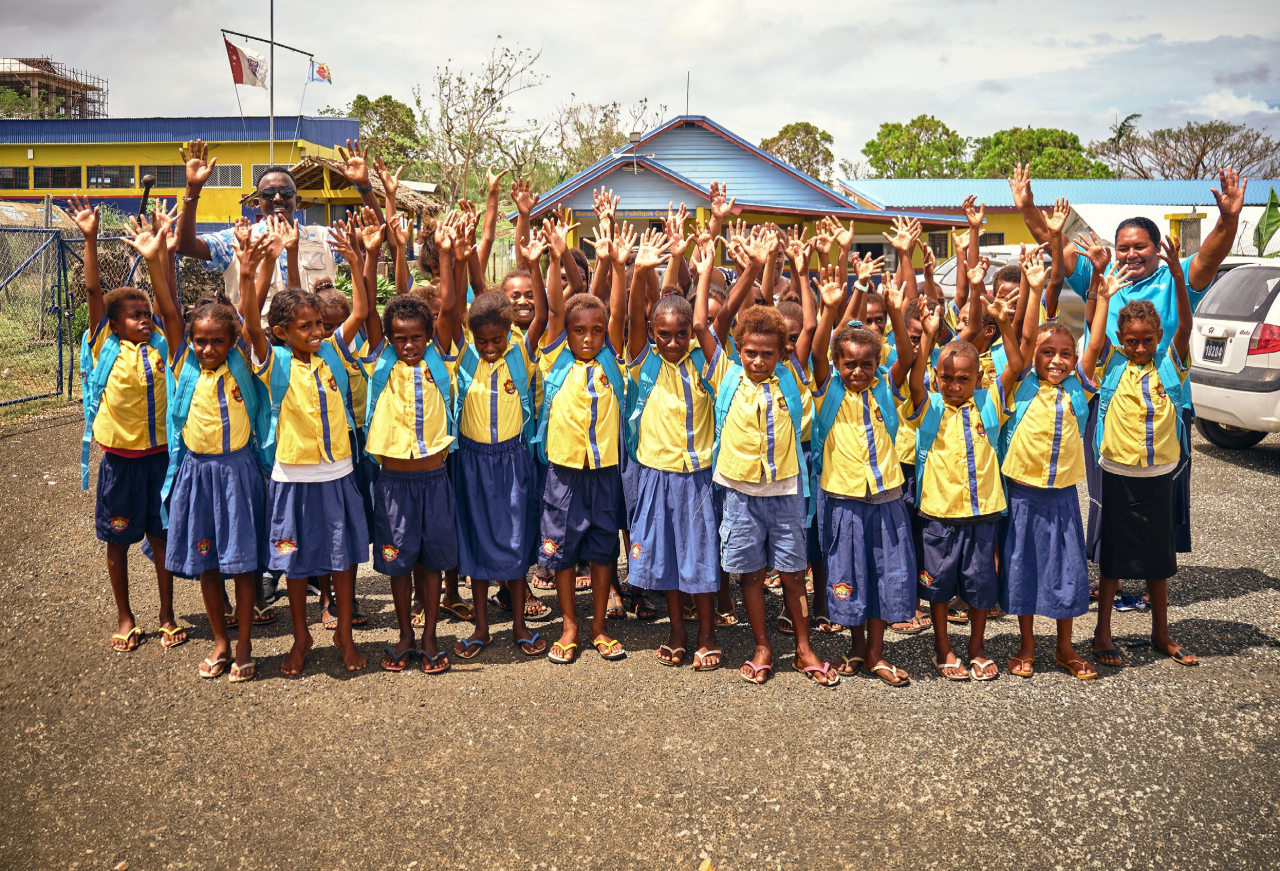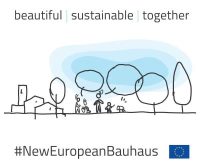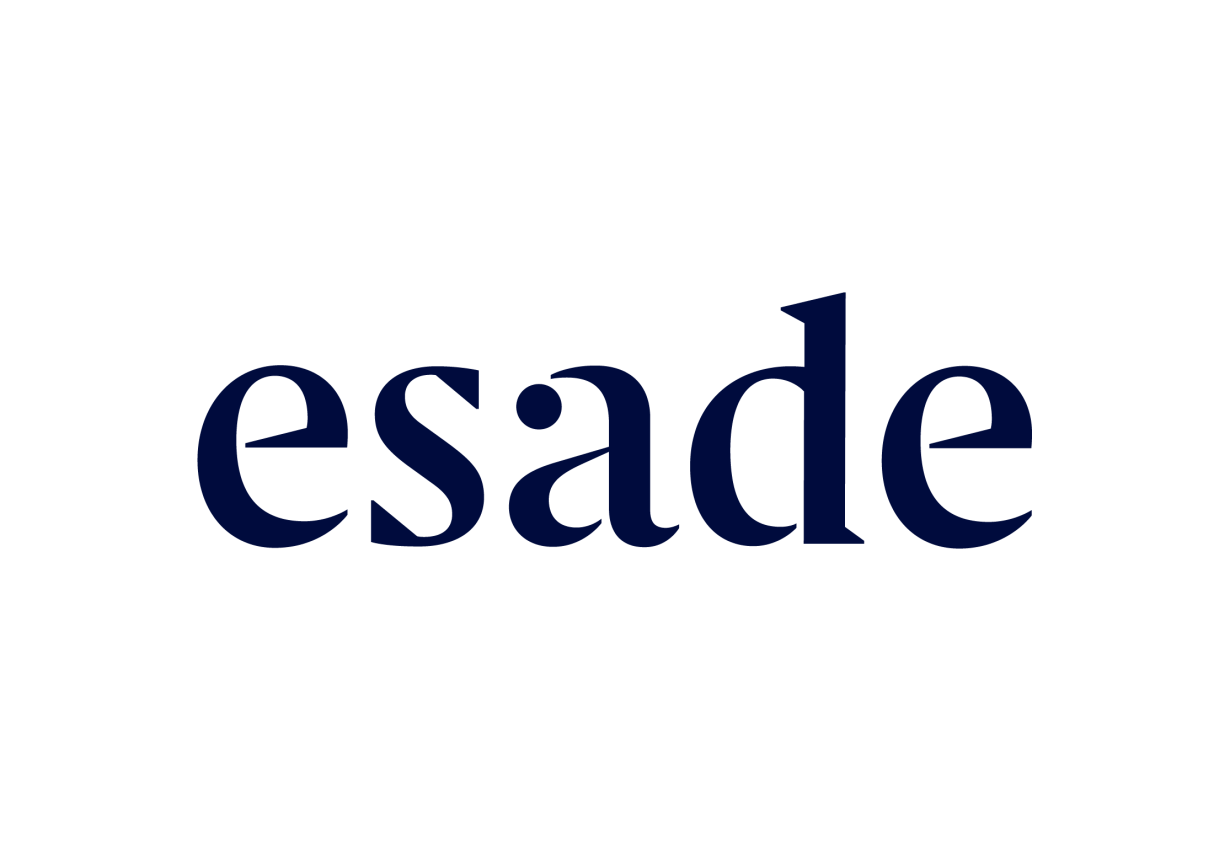The Wooden Church of Urși Village, Vâlcea County (Romania), a 7 Most Endangered project in 2014, was awarded both a Grand Prix and the Public Choice Award in the 2021 European Heritage Awards / Europa Nostra Awards, Europe’s top honour in the field of cultural heritage, at a ceremony held in Venice during the European Cultural Heritage Summit 2021 (21-24 September).
This beautiful 18th century church decorated with frescoes painted in the Post-Byzantine tradition, was exemplary restored using traditional materials and techniques in a collaborative way by the local community, experts and international volunteers.
The laureates, chosen by the Board of Europa Nostra on recommendation by an independent jury of experts, will receive €10,000 each. Some 7,000 citizens from all over Europe voted for the Public Choice Award via the Europa Nostra website.
The three other laureates were 1) FIBRANET – FIBRes in ANcient European Textiles (Denmark / Greece), an innovative research project that provides new knowledge about the degradation of ancient fibres, informing both archaeological practice and providing crucial knowledge for Europeans as we look for solutions for dealing with the waste produced by the fashion and textile industries;
2) the Technical Committee on Cultural Heritage (Cyprus), established in 2008 by the Greek Cypriot and Turkish Cypriot leaders under the auspices of the United Nations, who has successfully restored over 70 monuments, using cultural heritage as a powerful tool for reconciliation and peaceful cooperation;
3) The Invention of a Guilty Party, Trento (Italy), an exemplary exhibition that shows the relevance of a historical case of anti-Semitism to contemporary conversations around discrimination and intolerance in today’s Europe, stimulating critical reflection on the power of propaganda and fake news.
Since 2013, the Institute has been partnering with Europa Nostra under the 7 Most Endangered Programme (7ME) to identify monuments and sites under acute danger of neglect or destruction. This innovative cooperation mixes the cultural expertise and lobbying work of Europa Nostra with the technical appraisal and rescue planning skills of the EIB.





